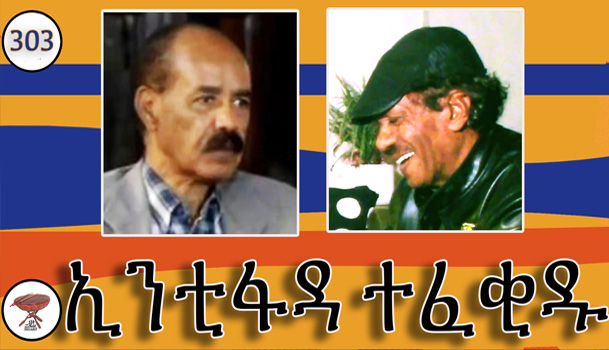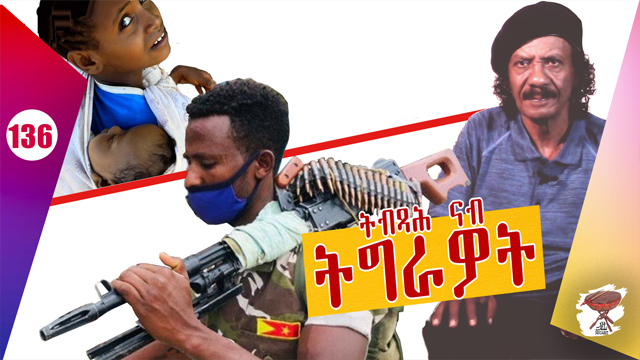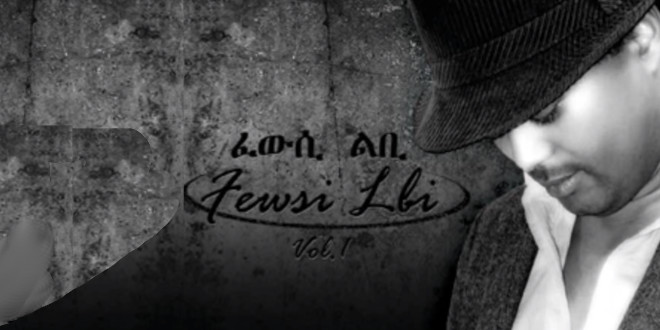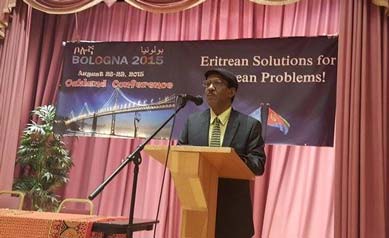Isaias Calls for Intifada in Eritrea
Recently a usual “interview” of Isaias Afwerki was aired on Eritrean television; none of the people I talked to expected something new, but somehow all had the urge to listen to it. The interview was widely spread, thanks to the many Youtubers who rushed to publish it. People speak to the public because they have something to say or to add on to what is already there. However, except for a few who analyzed the interview or added any value to it, the rest didn’t care to, or had nothing to add. Incidentally, Isais hardly speaks without inserting the term “value added.”
It’s disappointing to see people just copy and paste content from elsewhere—they claim it is Breaking News, and the gullible flock to bite the bait—”I have content; come and watch it in my channel.” But normal people do not go for copies when they can watch the original on its source.
A Monologue, not an interview
The official interviewers are Suleiman Abbe and Paulos Netabay, who never ask engaging, follow-up, or challenging questions. They read a short script camouflaged as a question and sit still while trying to hide their boredom as Isaias rumbles wildly. There was hardly an appearance by Isaias in which he did not mention his favorite economic term, “value added,” but his interviews are devoid of basic value, let alone added value.
In the session at hand, one of the poor reporters introduced the session as “a short interview,” after which Isaias went into his usual rumble. Like the rest of us, the reporters were subjected to a 160-minute monologue—they spitted out only five lead questions. It’s painful to be a journalist in Eritrea that doesn’t have a free press and where tens of journalists are in jail without trial for over two decades.
Isais stared at the roof and told Suleiman and Paulos, “There are two phrases that you didn’t work on properly.” How did he know that? Many believe he writes the questions by himself; the poor men had to listen and stare at him as if enjoying the monologue.
Gentle Rebuttal
I took my time (it is not breaking news) and went over it frame by frame; this is a rebuttal to Isaias’ monologue.
Some people present content as is; maybe they add some insignificant, overused remarks; it’s a lazy job. Readers or viewers deserve some respect–at least they deserve some insights or satirizing the content. For God’s sake, presenters of such secondhand content, please add something of your own. Mirroring and duplicating content is clutter.
I worked on the video and added value to it by summarizing the 160-minute long monologue into 7 minutes, and it is presented in 21 minutes, including my rebuttals. Those of you who already listened to the whole 160 minutes tensely and wreaked some of your nerves while feeling your intelligence was being insulted, I pray God will reward you for your time. Insha’Allah it’ll on the list of your good deeds.
1. Eritreans have serious national problems, and Isaias provided us with a recipe for a solution: Intifada! Yes, he was justifying why the Sudanese couldn’t take the oppression anymore and the situation exploded in an unorganized Intifada (insurrection, upheaval)
2. Oftentimes, Isaias’ speech is passive. “You can say my name is Isaias; it’s not possible to say my name is not Isaias; it’s possible to say we are not human beings.” The English translation might not capture the absurdity as when he says it in Tigrinya. Sadly, many have adopted his crooked manner of speech.
3. He cannot hide his hate and disgust at the educated class whom he mentions with derision.
Isaias’ thinking is so weird that he derisively asks, “Who is the international community? Is there an international community that should attend to different issues?
Here is an explanation for the Brezidenti
Dear Brezident, the international community is “a group of countries, governments, and other actors that work together to address global issues.” Eritrea had and has cases with several countries, including the border issues with Yemen and Ethiopia. The court that ruled on the cases is part of the International Community. So is the UN, which has many offices in Eritrea and is helping the country. As head of state, you have signed many treaties and agreements. They are also part of the international community. The World Bank, the IMF, and even BRICS, maritime issues, air travel, and many, many, many, many others. Including the human rights organizations that advocate for the rights of citizens, particularly those languishing in your jails, are the international community. Obviously, the bulk of your wrath is directed at the human rights organizations. Mr. Brezident, you don’t want to throw the baby with the bath water. Would you rather have a hermit state (!) that lives isolated from the rest of the world? Only then, if possible at all, would you have a life free of the international community.
Brezidenti Isaias acknowledged that he (and his deputies) found out that some development plans they set in 2012 were off mark. He exclaimed, “What were we thinking when we set the plans? But many of us were alerting him that what he and his cliques have done has worked; cliques of soldiers only are a disaster. He realized that a little too late.
The Brezident has a habit of blaming his failures on phantom individuals as if he has contracted out governing or ruling the country to other entities. He forgets he has a chokehold on the country and its people and macro-manages everything. No Eritrean can blame a minister or a director because they are his employees; Eritreans know they have no say at all except as a second fiddle. If he carries out a genuine self-assessment, he might discover that nothing he planned worked for the citizens; maybe it was done only for the benefit of his cronies and partisan parasites.
NB: The above is an expanded version of the Tigrinya episode 303 @negarit (on YouTube) for the English readers.
2024 Fundraising-awate.com and Negarit
https://awate.com/please-respond-to-the-call/





Awate Forum